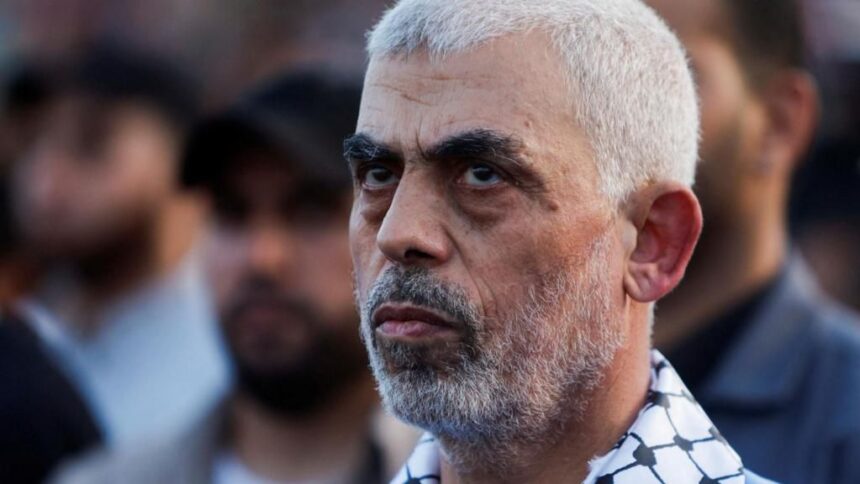By Nakiwala Barbra
Hamas has confirmed the death of its top leader Yahya Sinwar, who was killed during an Israeli military operation in Gaza.
Sinwar, long considered the mastermind behind Hamas’s military strategies, including the deadly attacks of October 7, was identified through DNA records after Israeli forces struck a building in Rafah during a routine search for Hamas fighters. Sinwar had topped Israel’s most-wanted list for years due to his significant role in the group’s leadership and military planning.
The confirmation of Sinwar’s death comes as US President Joe Biden seeks to leverage the development in hopes of moving toward a ceasefire in the ongoing year-long conflict between Israel and Hamas. In a statement, Biden noted that Sinwar’s death “raises the prospect of a ceasefire,” signaling a potential opening for negotiations aimed at bringing an end to the violence.
However, senior Hamas officials have reacted defiantly, asserting that Sinwar’s death will only bolster the group’s resolve in their fight against Israel. “His martyrdom will only strengthen our determination,” a Hamas spokesperson stated, warning that the conflict is far from over.
Israeli Prime Minister Benjamin Netanyahu echoed this sentiment, stressing that Sinwar’s elimination is not a signal of the war’s conclusion. “This is not the end,” Netanyahu said, underlining that Israel’s broader goal of dismantling Hamas’s infrastructure remains in place. Sinwar’s death, while a significant moment for Israeli forces, is seen as one part of a long-term strategy to neutralize the group.
In a separate and tragic incident, an Israeli airstrike targeted a school-turned-shelter in the Jabalia refugee camp, killing 28 people, according to a report by the United Nations. Israeli officials claim that the site was being used as a gathering point for Hamas and Islamic Jihad operatives, a claim Hamas has denied. The attack has once again drawn international attention to the humanitarian toll of the conflict, raising questions about the safety of civilians in Gaza.
As tensions continue to escalate, the international community is left watching closely to see if this key event could pave the way for peace—or lead to further violence.

